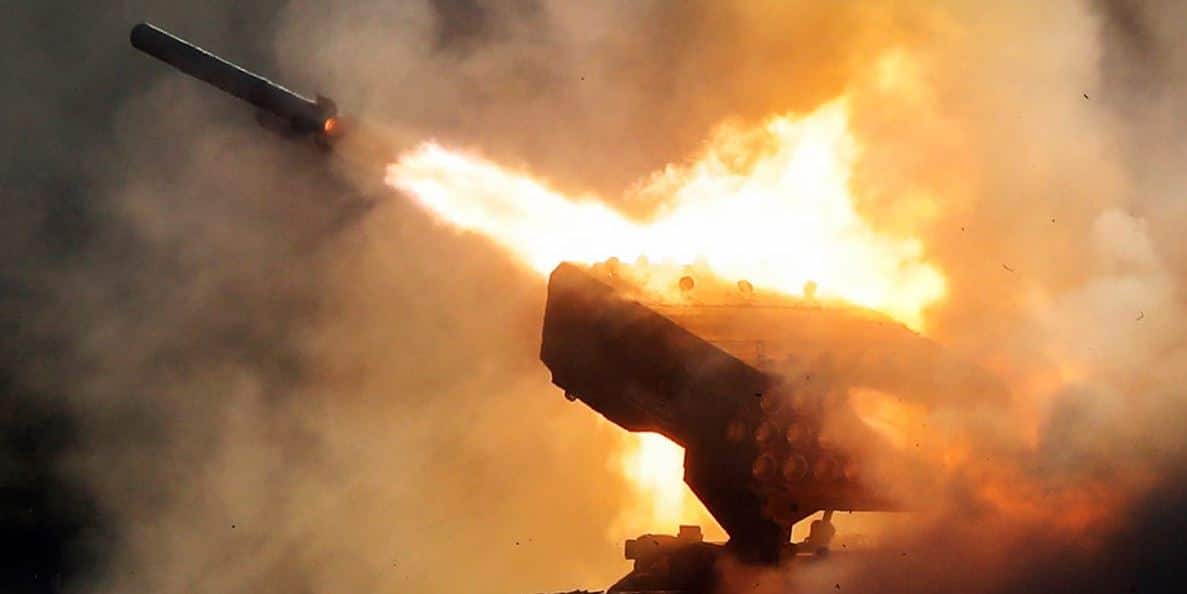
One of my sources close to the front line action is telling me that the foreign fighters joining to fight for Ukraine as mercenaries are still mostly in training for defensive roles. But I am told that increasingly these foreign mercenaries are being incorporated into depleting Ukrainian units with offensive roles or formed into whole foreign volunteer units with offensive roles. As this was not initially intended or planned, it should be seen as an act of desperation by the Kiev regime and its allies.
But so far, there is no lack of new mercenaries coming in from around the globe with military or paramilitary experience willing to be paid to fight for Ukraine. However, this is not exclusive to Ukraine’s allies, as a large number of about 10,000-20,0000 north African mercenaries from Libya, Syria, and elsewhere are starting to come in and fight on the side of Russia as well.
But my source tells me, “I’ve spoken to senior [Russian] officers. They [the Russians] don’t like this war because they don’t like the idea of killing people who speak a similar language and share a similar ethnic [Slavic] identity.” This immediately reminded me of what Colonel Douglas Macgregor said. Macgregor is a leading expert on foreign policy and military strategy, as well as a former advisor to the Secretary of Defense under Trump. So what he says about the Russians not wanting this war but reacting to legitimate security concerns should be taken seriously.
This phase of the war sees the Kremlin with a number of key objectives in Ukraine:
According to the most up-to-date numbers from Colonel Macgregor’s sources, Ukraine has lost anywhere from 350,000-400,000 soldiers dead. It appears to me based on my close calculations that Russia still has nine-tenths of the armed force it began the war with in February 2022: hundreds of battalion tactical groups which make up about 800,000 combat troops in all, with several hundred thousand other non-combat personnel in support.
But this is not all. It is little-discussed but there is also an additional 250,000 in Russian reserve forces as well as another 250,000 in paramilitary units–yes, that is half a million in all–even according to official numbers which can be easily ascertained online.
What I see is that after Russian commanders defeated and annihilated the last stand by Ukrainian marines in Mariupol and its surroundings, they have been able to free up troops to push north with the offensive aim of finishing off completely cutting off Ukrainian forces fighting in the Donbas and to strengthen Russian defensive lines along the eastern front. This done, they are also now starting major northeast-central offensives towards Lyman, Sloviansk and Kramatorsk to capture major supply lines and railway hubs important to Russian military objectives.
As of 2023, NATO, technically speaking, has approximately three million active military personnel compared with over one million active military personnel in the Russian military. But Russia is actively working to increase its military to over two million, and I strongly agree with Colonel Macgregor that upon closer examination NATO, even with US backing, does not have the necessary steady supply of munitions and is not logistically and strategically prepared to fight a large, full-scale far-off war with well-supplied, battle-hardened Russia on Russia’s doorstep. Russia’s closest ally China which has the world’s largest military would also likely come to Russia’s aid. Then also add to this the nuclear dimension and nuclear weapons which could easily come into play if Russia felt existentially threatened. Russia has the largest nuclear arsenal in the world.
Russia, certainly modern Russia, has never been conquered by a foreign invading power, not since the Mongols. All kinds of powers in the last hundreds of years, including the Swedes, the Poles, the French, and the Germans invaded but never ruled it in any significant way, even though at times Russia lost significant battles and territories, for example, at the end of World War I.
In this Ukraine War, Russia has not been invaded but its Russian minority population in eastern Ukraine has been attacked since 2014. A coup occurred that year to unseat a democratically-elected Ukrainian president named Viktor Yanukovych who had been working towards closer ties and friendly relations with Russia, which the West opposed. When Volodymyr Zelensky subsequently came into power, his regime used the Ukrainian military to start heavy artillery shelling of Ukrainian areas heavily populated by Ukrainian Russian civilians because they refused new policies which aimed to strip them of their rights of language, culture and identity as Russians and imposed discriminatory measures in education, employment, etc. Approximately 15,000 Ukrainian Russians were killed by the shelling, and no one knows how many more were purportedly apprehended and imprisoned or killed without due process of law by the Ukrainian secret police.
The Russian government of Vladimir Putin and the Russian people of Russia saw this happening for all those years since 2014 and the Ukrainian Russians made pleas to Putin and his government for help and intervention for those eight years, but he refused. It was only when in the last two weeks before the war started in February 2022 that the shelling had increased fourfold that the Russian national parliament urged Putin to act and voted unanimously in favor of intervention, not to conquer Ukraine, but with the stated goal to “de-nazify and de-militarize” the eastern parts of Ukraine with large Russian populations who were being systematically oppressed throughout and in some cases massacred.

